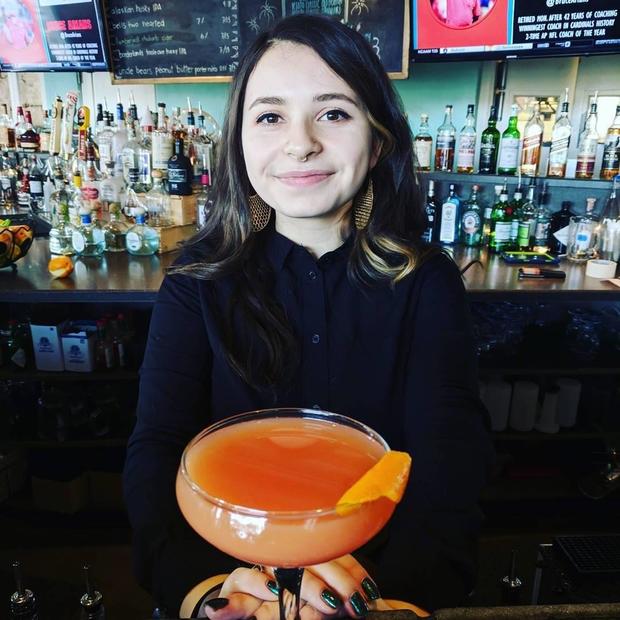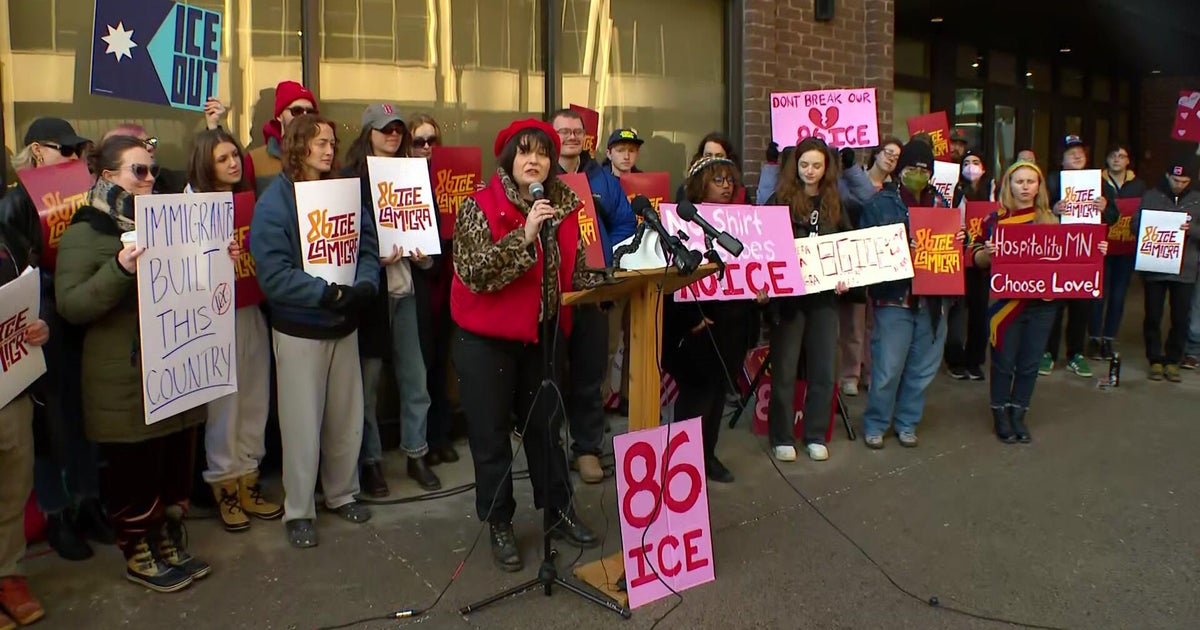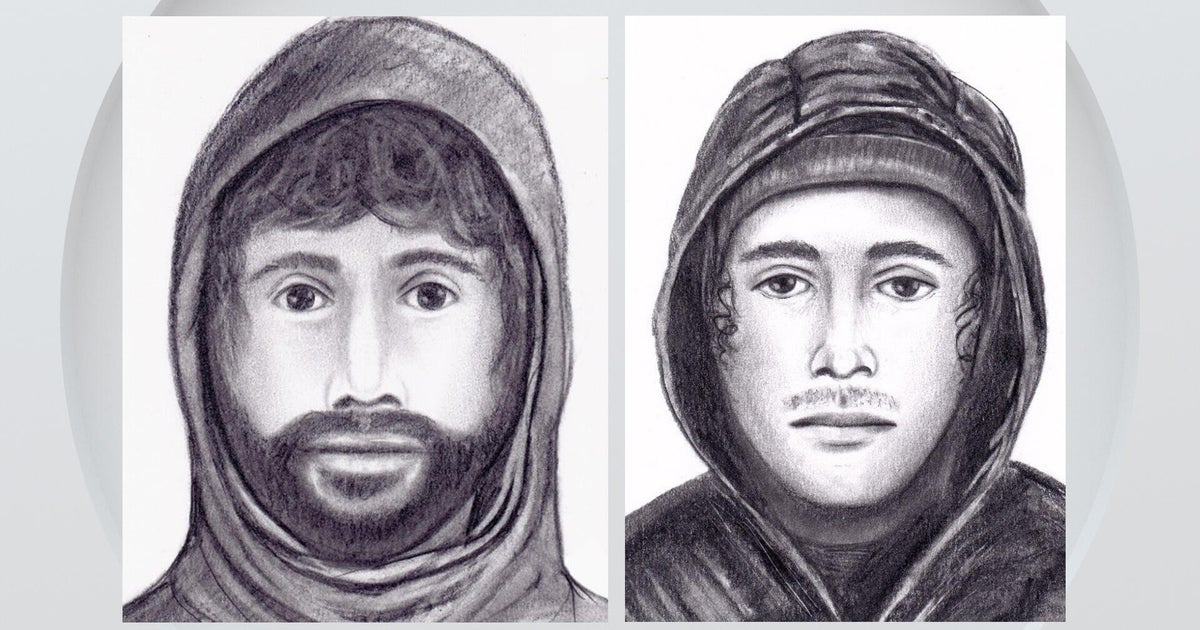Lower your mask: Female restaurant workers face sexual harassment even during pandemic
Shelly Ortiz spent 10 years working in restaurants, most recently at a ramen joint in Phoenix, Arizona, before deciding to change careers five months into the pandemic. The last straw: A male customer asked that she pull down her face mask so he could base his tip on the attractiveness of her smile. When she declined, he declared that he would instead make his decision by eyeballing her chest.
Such incidents are all too common in the restaurant world. More than 70% of women who work as servers, bartenders or in other food industry roles say they've been sexually harassed by their employers, coworkers or customers, according to a recent survey by One Fair Wage, an advocacy group, in partnership with Social Science Research Solutions. The COVID-19 pandemic has only made things worse.
The rate of sexual harassment among female restaurant workers is the highest of any industry, according to Equal Employment Opportunity Commission (EEOC) data. Before the coronavirus crisis, women in the restaurant business filed sexual harassment charges with the EEOC at twice the rate of the general workforce. Across the U.S., 7% of working women hold jobs in the restaurant industry, which accounts for 14% of all sexual harassment reports to the EEOC, according to One Fair Wage.
Situation worsened by COVID-19
Now COVID-19 has made on-the-job encounters that were previously uncomfortable, outright life-threatening. Ortiz, 25, ultimately decided this kind of harassment wasn't worth the $8 an hour plus tips she was earning while putting her life on the line amid the pandemic. Fewer diners during COVID-19 meant she saw her tips drop nearly in half, to around $80 a night from up to $150 during a particularly lucrative shift.
"The dramatic drop in tips meant I couldn't survive off of that income anymore, and the work was just so stressful during the pandemic," Ortiz told CBS MoneyWatch. "I felt disposable before the pandemic, and extremely disposable after."
Ortiz is now pursuing a career in documentary filmmaking, and reports a dramatic improvement in self-esteem since July, when she worked her last shift as a server.
Reliance on tips perpetuates harassment
Indeed, One Fair Wage maintains that paying workers wages that fall below the minimum wage, forcing them to rely on tips to reach minimum-wage levels, perpetuates harassment among women in the food industry. Four out of five U.S. states have subminimum wage laws that allow employers to pay their workers wages that fall below the minimum wage threshold, if they also receive tips.
Three-quarters of tipped workers who receive subminimum wages said they had been sexually harassed, compared to half of nontipped workers, according to One Fair Wages' report, "The Tipping Point: How the Subminimum Wage Keeps Incomes Low and Harassment High."
Ortiz said she grew inured to sexual harassment and accepted it as part of the job for many years before finally quitting. Now she, One Fair Wage, and other advocates are urging states to require restaurants to pay restaurant workers full minimum wages in addition to tips, in part to reduce sexual harassment on the job.
"The reason I am doing this much work is that it's much bigger than me," Ortiz said. "This is for my coworkers who can't speak up over fear for repercussions, where as I am not afraid of my ex-boss."
Ortiz works as a freelance video editor and described her work as "sporadic." "It's not a consistent paycheck so it's a lot of grinding," she said. "But at least I am creating boundaries and I am not getting sexually harassed."




